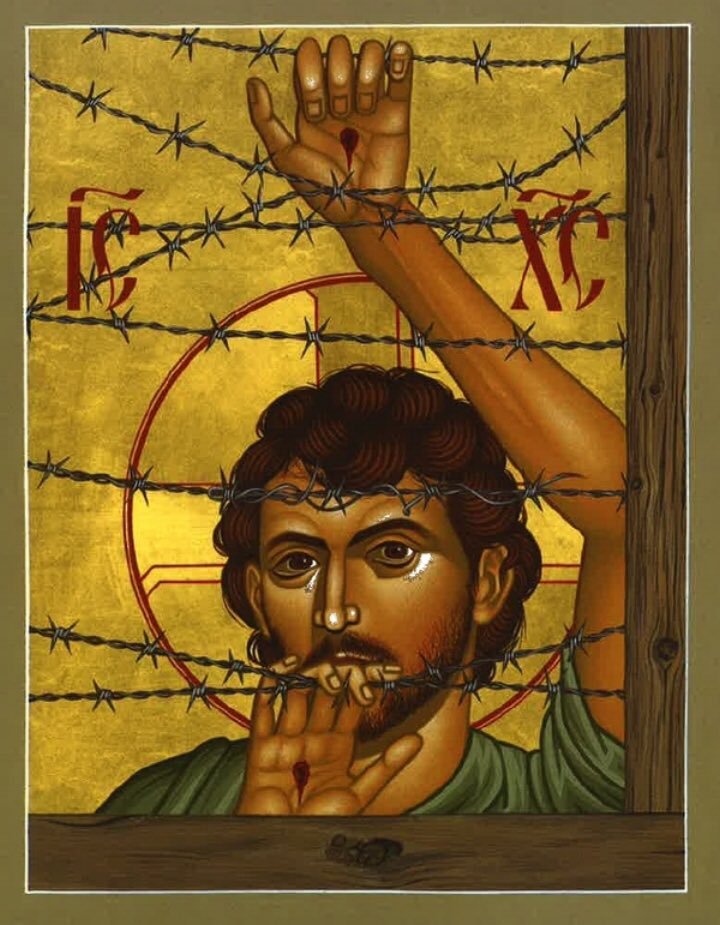Absalom Jones was the first person of color ordained to the priesthood in the Episcopal Church. Born into slavery in 1742, Jones, through circumstances that are an exception to the barbarism of the slavocracy, achieved much. When he married he solicited donations to purchase his wife’s freedom so that their children would be free (according to the laws of the time). He learned to read and write, was allowed to travel and preach freely by the household we was part of. He petitioned for his freedom, and after a failed first attempt, prevailed upon his owner, who became influenced by moral arguments against slavery. He was licensed to preach in the Methodist movement, but after experiencing severe discrimination, found a home in the Episcopal Church. He founded the first black congregation in the US. It was at this parish that he was ordained, first to the diaconate, and then to the priesthood. His is an amazing story, but we should remember his was an exceptional story for it’s time. Slavery was often not just a loss of freedom, but a vicious destruction of personhood.

For his fortitude, wisdom, and role in the Church, Absalom Jones is remembered as a saint, and his feast is celebrated on February 13th, or on the closest Sunday at parish discretion.
Yesterday I officiated a Compline service st St. John’s Cathedral where they had, that morning, celebrated the feast of Absalom Jones. It felt appropriate to remember him in our prayers as we kept watch that night.
Join with us this week as we pray:
Set us free, O heavenly God, from every bond of prejudice and fear: that, honoring the steadfast courage of thy servant Absalom Jones, we may show forth in our lives the reconciling love and true freedom of the children of God, which thou hast given us in our Saviour Jesus Christ, who liveth and reigneth with thee and the Holy Spirit, one God, now and forever.
In the name of Christ we say: Amen.
God of Justice, help us, your church, find our voice. Empower us to change this broken world and to protest the needless death, sickness, and poverty that runs rampant in our world. Give us power to rise above our fear that nothing can be done, and grant us the conviction to advocate for change. For your dream of love and harmony, Loving God, Make us instruments of your peace.
In the name of Christ we say: Amen.
Keep watch, dear Lord, with those who work, or watch, or weep this night, and give your angels charge over those who sleep. Tend the sick, Lord Christ; give rest to the weary, bless the dying, soothe the suffering, pity the afflicted, shield the joyous; and all for your love’s sake.
In the name of Christ we say: Amen.

